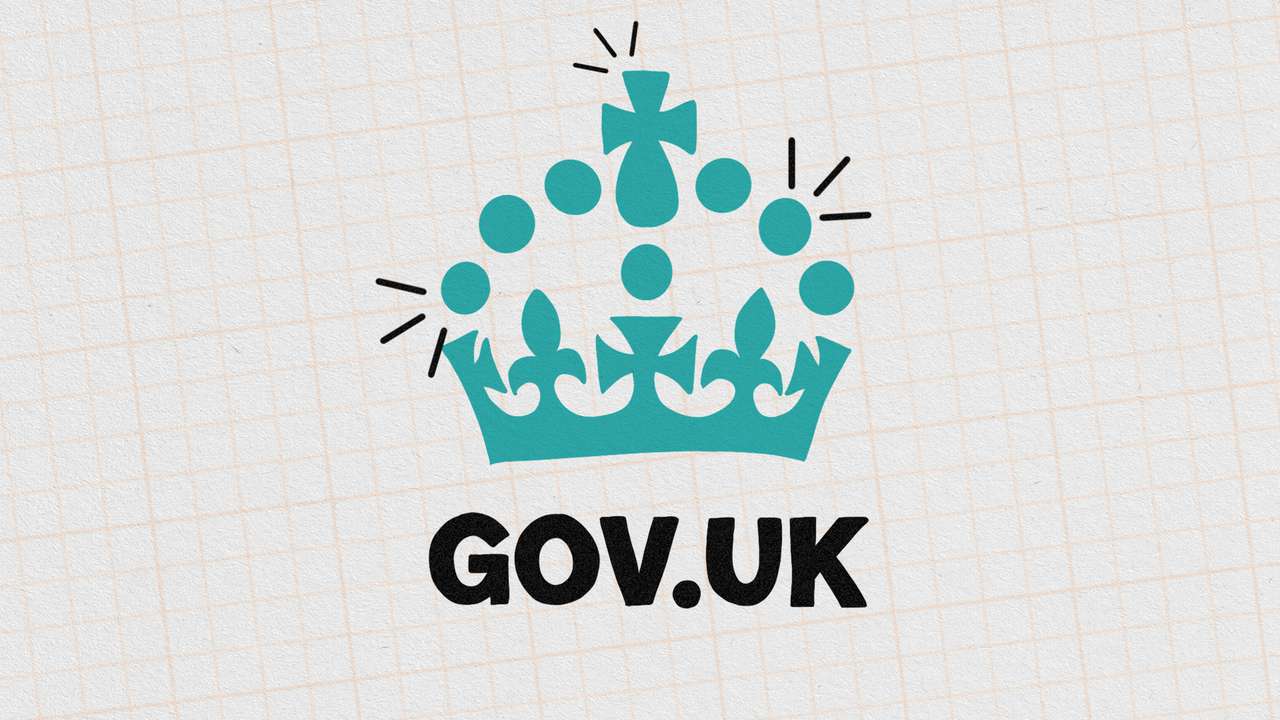The State Pension Explained
You might have a workplace pension - auto-enrolled in the background, easy. Maybe you have a personal pension on top of that. But did you know there’s a State Pension?

What is the State Pension?
The State Pension is paid to you by the government. It’s like a top-up, designed to supplement the money you’ve put aside throughout your working life.
Everyone is entitled to the State Pension, but the amount you’ll get is based on the number of qualifying years you’ve paid National Insurance contributions or received National Insurance credits (paid to carers, anyone in receipt of child benefit and people on certain types of benefits). You need 35 qualifying years to get the full new State Pension, which is currently just over £11,500 a year. But you’ll get some State Pension if you have at least 10 qualifying years.
When you reach State Pension Age you will no longer have to pay National Insurance contributions, unless your self-employed and you may still have to pay National Insurance contributions in the tax year in which you reach State Pension age.
When can I get it?
You can claim your State Pension from your State Pension age, which is different for everyone. You can check this online at Gov.UK. You don’t need to retire to be in receipt of the State Pension – in fact you can keep working – just bear in mind that you might end up being taxed on the State Pension if you do.
Your age also affects the kind of State Pension you get. New, or Old. You’re eligible for the New State Pension if you are either: a woman born on or after 6 April 1953, or a man born on or after 6 April 1951. The Old State Pension is for anyone born before then.
You might be worried that you’ve not accumulated the required amount of National Insurance contributions, and it’s a legitimate concern – especially if you were contracted out of the Old State Pension or have gaps in your record. But hold off on pressing the panic button – it’s possible to top up your National Insurance contributions should you want to. To check your State Pension and get a summary of your National Insurance history, head to the government’s website.
Can I live off the state Pension?
It’s unlikely that the State Pension will be enough on its own to live off. If you’re eligible for the full new State Pension, you’ll have an annual income of just over £11,500. Research by an independent body called the Pensions and Lifetime Savings Association found that just over £31,000 per year is needed for a ‘moderate’ retirement for an individual (this amount includes the full new State Pension). With an income of £31,000 per year, you could afford one foreign holiday, along with a short UK break each year. You would also have around £95 per week to spend on food/ eating out. Plus, you could also replace your car every 7 years and have some money left over for decorating costs.
To achieve an income of £31,000 in retirement, you’ll need to have some additional provisions in place on top of your State Pension.
Pension Credit
If you are over State Pension age and on a low income, then you should check whether you are eligible for Pension Credit. Even if you have other income, savings, or own your own home, you may still be able to get Pension Credit. Pension Credit tops up your weekly income to £218.15 if you’re single and £332.95 in joint income if you have a partner. To find out if you’re eligible for Pension Credit, head to the Government’s website.
